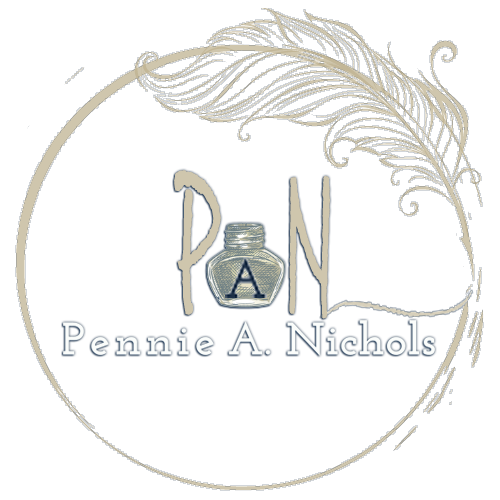Fiction versus nonfiction comes up often in writing groups. It’s rarely about which is better—it’s usually about truth. I’ve always found more truth in fiction.
Fiction vs Nonfiction Isn’t About Better or Worse
Writer conversations around fiction and nonfiction are rarely a better-vs.-worse conversation. Not good vs. bad. Most writers who could swing their pen in either direction might bring up this topic because they are considering how the “truth” of non-fiction might impact family or friends, not whether a novel is a lesser approach to the same truth.
I’ve long believed that stories (fiction, myth, and tall tales) can hold more truth than accurate, scientific reports.
Fiction and Multiple Truths
A short story captures the vibration of the heart encountering difficult words or an amazing act.
A novel follows all the parallel lives, the stories that didn’t play out, the roads we considered but didn’t take.
Agendas, preferences, values, urges, and other elements that make up our truth? A fictional narration broadcasts play-by-play details and commentary on the physical and mental battles that play out on those fields.
Fictional narratives can hold two or more conflicting truths where scientific reports can barely manage one.
Made-up stories create space for the emotion of letting lose our grip on one thing to explore another, of walking down one path as we gaze extra long at the path that disappears as we pass the fork.
Or maybe the merit of fiction is as simple as “I need to escape.” Where a visit to a museum, a hike through the woods, or a paddle on the river isn’t possible, maybe a novel will do the trick.
Why I Write Fiction
I don’t write fiction to escape. And certainly not because it’s better than nonfiction. I write fiction because it allows all of me to show up to explore all of the paths. I write fiction because I find myself in the stories.
Do you find more truth in fiction or nonfiction stories? Share your thoughts in the comments.
©Pennie Nichols. All Rights Reserved. 2025


You are so right! Fiction allows ne to explore those decisions I might have made. But didn’t! And there is always that grain of truth in fiction. Wonderful article, Penny!
Thanks Diane.